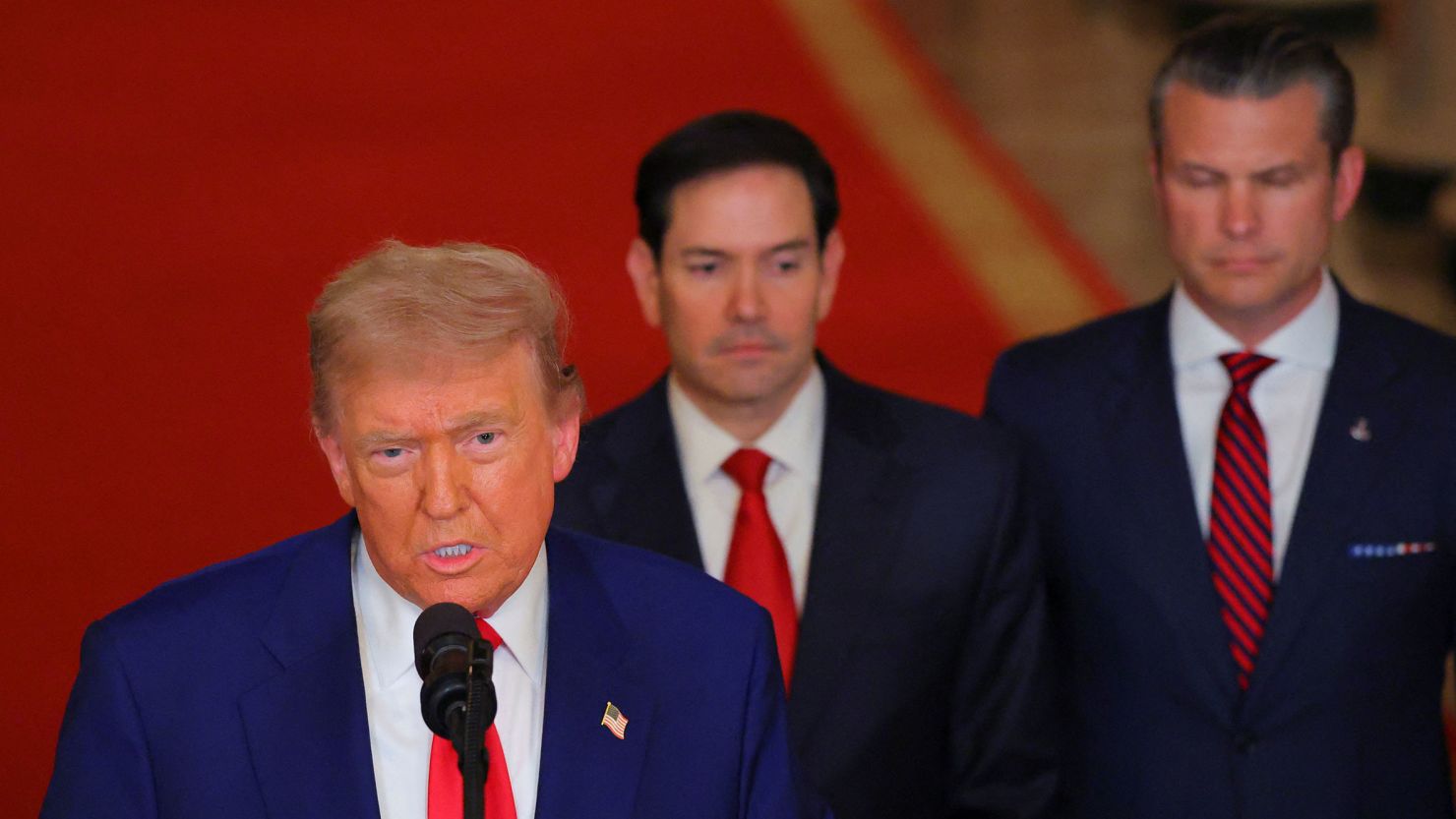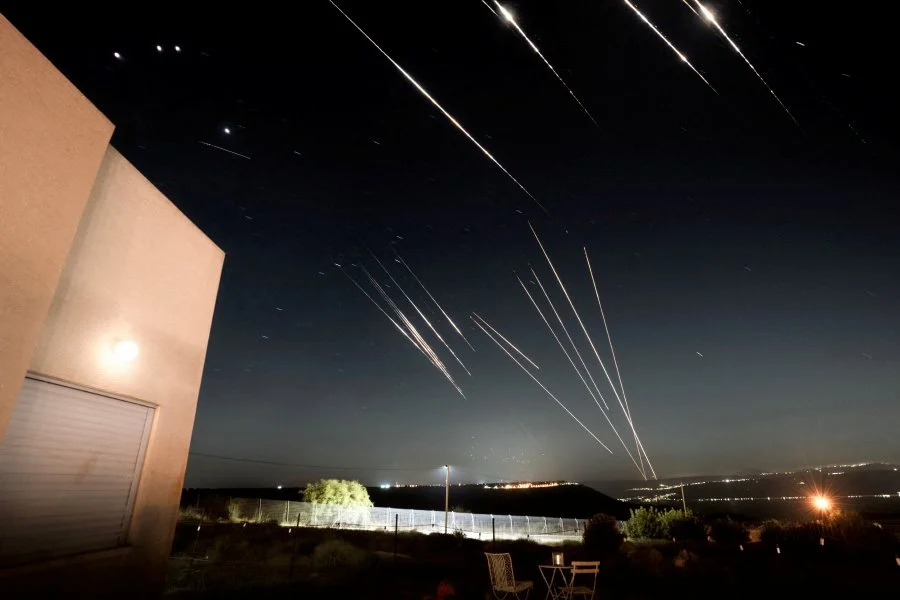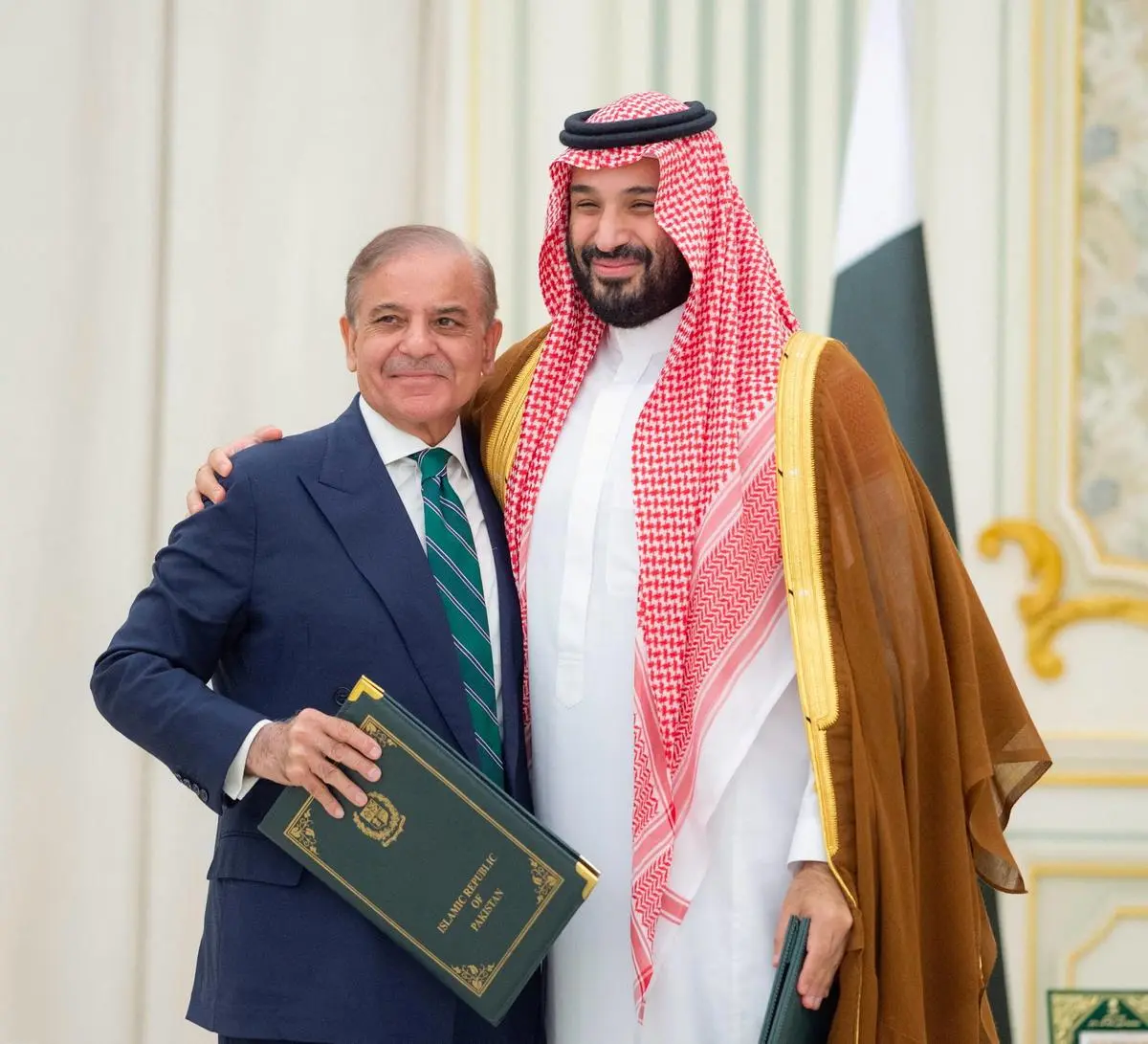In a move that stunned the world, U.S. President Donald Trump has taken the United States into a direct military confrontation with Iran—something he had long promised to avoid. With precision strikes targeting Iran’s deeply buried nuclear sites, the U.S. joined Israel in a bold and dangerous escalation that could shape the future of the Middle East for years to come.
This is Trump’s most significant foreign policy gamble yet. By ordering strikes on Iran’s fortified nuclear facilities, he has launched a high-risk operation filled with uncertainty. Just days ago, Trump had been urging diplomacy. Now, he’s telling Iran to choose peace—or brace for more attacks.
But the consequences could be enormous.
Experts warn that Tehran may retaliate in ways that spiral the region into chaos—blocking the vital Strait of Hormuz, hitting U.S. bases, or unleashing proxy groups on American and Israeli interests. Some fear this could drag the U.S. into another long, costly war like Iraq or Afghanistan—wars Trump once called “stupid” and swore to avoid.
“The Iranians have taken a blow,” said former U.S. diplomat Aaron David Miller, “but they’re not out of options. And this won’t end quickly.”
Behind closed doors, Trump’s team debated for days. According to a senior White House official, once it became clear that Iran had no intention of cutting a nuclear deal, Trump decided to act. After a week of Israeli air raids weakened Iran’s defenses, he gave the green light—convinced the operation would succeed.
Trump celebrated the attack as a “great success,” citing the use of bunker-buster bombs at the Fordow facility. But arms control advocates warn that military force alone won’t erase Iran’s nuclear knowledge. And instead of ending the threat, the strikes could harden Iran’s resolve to build a bomb—believing that only nuclear weapons can ensure its survival.
Iran’s response was defiant. Its Atomic Energy Organization pledged to continue developing its nuclear program. State media declared that American soldiers and civilians in the region were now “legitimate targets.” The foreign ministry vowed to resist “with all its might.”
Some analysts believe Iran might still return to the table—but only from a weaker position. Others fear this is just the beginning of a wider, more dangerous conflict.
Karim Sadjadpour of the Carnegie Endowment summed up the mood: “Trump says it’s time for peace. But Iran is unlikely to agree. This could be the start of a new chapter in the decades-long U.S.-Iran confrontation.”
There are also fears that Trump might now aim for “regime change”—especially if Iran retaliates forcefully or races toward a nuclear weapon. But such a move risks dragging the U.S. deeper into another costly and uncertain mission.
Jonathan Panikoff, a former intelligence officer, warns that Iran could launch “disproportionate” attacks if it feels cornered. Yet even Tehran knows that actions like shutting down oil routes could backfire—hurting China and its own economy.
Meanwhile, Trump faces criticism at home—from Democrats in Congress and even members of his own Republican base, who oppose foreign entanglements. Just six months into his second term, he now faces a major international crisis—despite once campaigning as the leader who would end America’s wars.
“Trump is back in the war business,” said Richard Gowan of the International Crisis Group. “His talk of peace always sounded more like a slogan than a real strategy. Now, we’ll see how far that slogan gets him.”
The coming days may decide not just the future of Iran’s nuclear ambitions—but the legacy of a president who swore to avoid war, and now finds himself in the thick of one.




